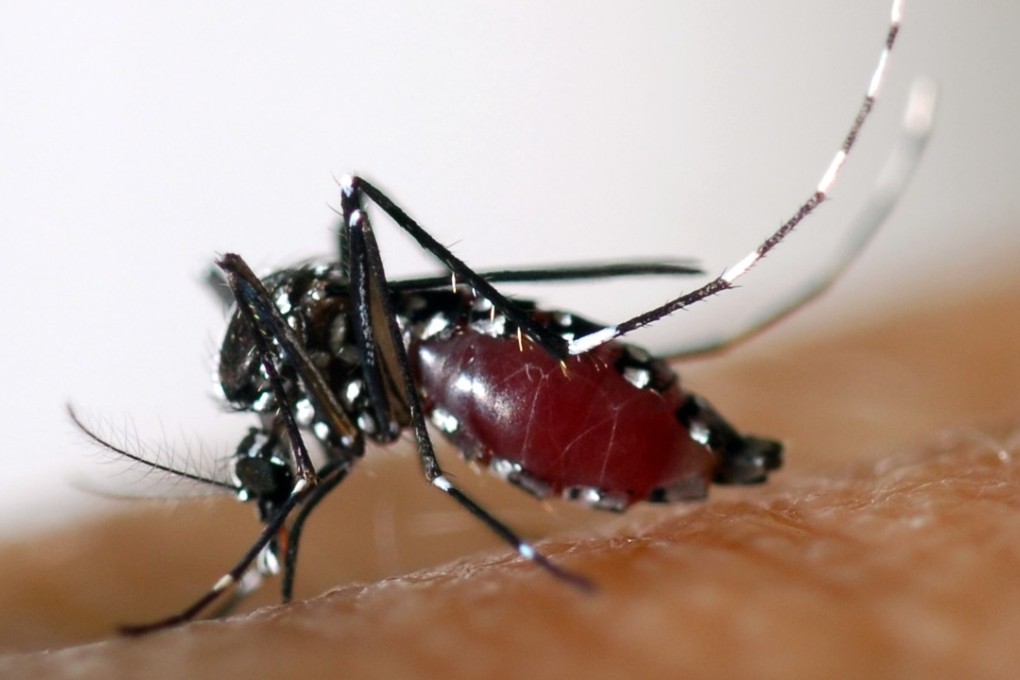Thailand braces for major increase in cases of dengue fever as efforts to deliver vaccine accelerate
In Thailand, the 2016 caseload may be on par with the last big outbreak in 1987, when there were about 170,000 cases.

The number of dengue cases in Thailand is expected to spike this year, a researcher said, as experts from across Asia met to discuss introduction of the first ever dengue vaccine to control and prevent the disease.
Dengue – which causes flu-like symptoms and can develop into the deadly dengue haemorrhagic fever – is the world’s fastest-spreading tropical disease, with the annual number of cases increasing 30-fold in the last 50 years, according to the World Health Organisation (WHO).
The disease is endemic in 128 countries – compared with nine countries experiencing severe dengue epidemics prior to 1970. Asia has the most cases, with 67 million people infected per year, researchers say.
We have had a lot of patients in this season. It’s a big predictor that we'll have a big problem with dengue this year
In Thailand, the 2016 caseload may be on par with the last big outbreak in 1987, when there were about 170,000 cases, said Dr. Usa Thisyakorn, professor of paediatrics at Chulalongkorn University in Bangkok and chairwoman of Asian Dengue Vaccination Advocacy (ADVA).
“We have had a lot of patients in this season. It’s a big predictor that we'll have a big problem with dengue this year. If even in the cool season we have dengue, then it will be worse in the following year” in the hot and rainy seasons, Usa said on the sidelines of the Asia Dengue Summit organised by ADVA.
“It is quite, quite bad. Last year, in 2015, we had 140,000 cases. We predict that this year, we will also have a bad season,” said Usa, speaking late on Wednesday.
At the two-day summit in Bangkok, which ends on Thursday, scientists, doctors and government officials are trying to identify the best way to use French drugmaker Sanofi’s dengue vaccine Dengvaxia and other control and prevention tools currently under development.